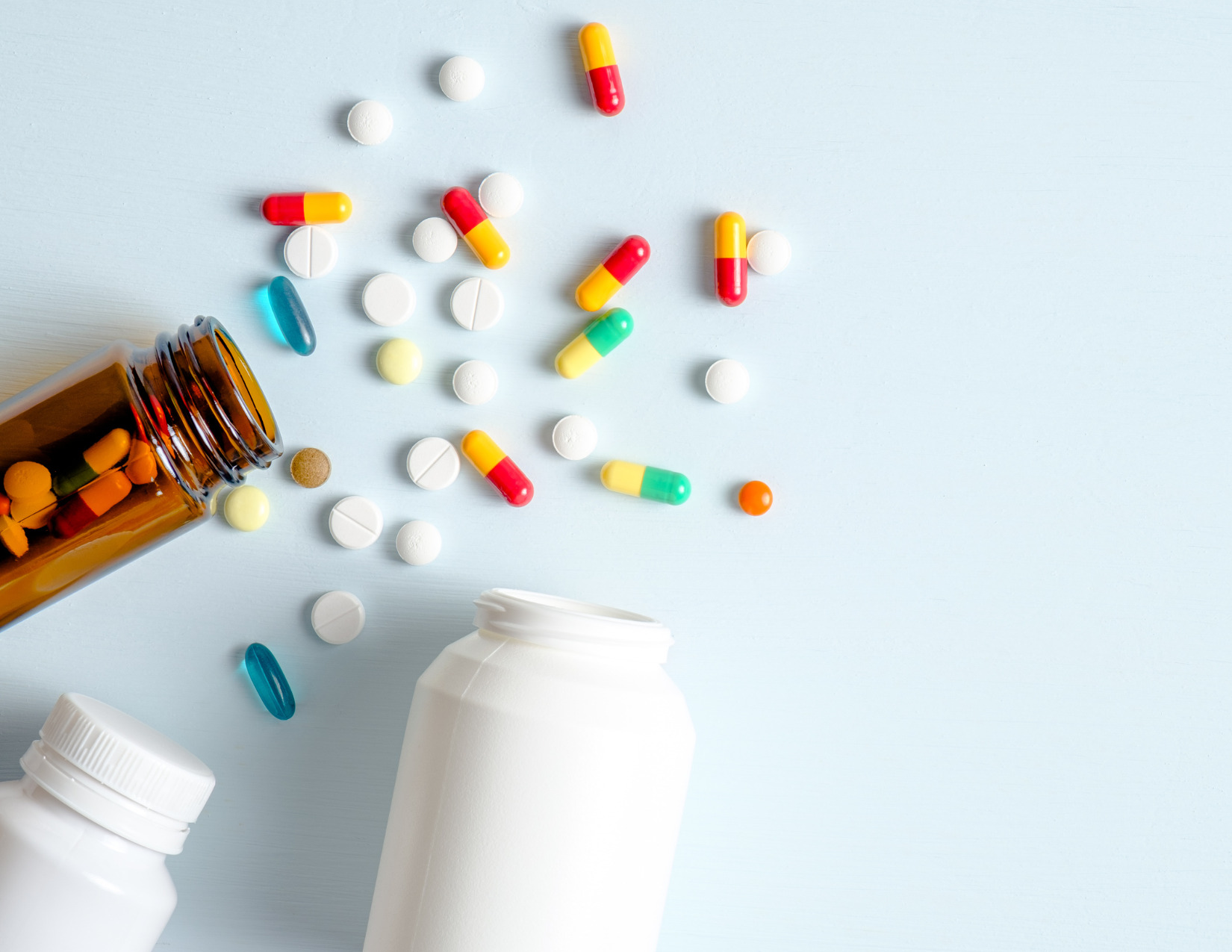Depression is a state of mind that is sad, persistent and leads to issues in your everyday life. It is pervasive; The National Institute of Mental Health (NIMH) estimates that 21 million people in the United States have had at least one major depressive episode. That’s about 8.4% of the population. It’s also damaging. In 2017, depression was deemed the “leading cause of disability worldwide” by the United Nations. Most crucially, it is deadly. Depression can lead to suicidal thoughts and actions resulting in over 700,000 deaths every year.
Due to the stigma attached to experiencing mental health issues, many people feel like they should “tough it out.” As a result, they don’t get the treatment they need, which can lead to a worsening of their symptoms and even long-term brain damage. It’s important to speak to a mental health professional who might recommend medication and/or forms of therapy. There are complementary and alternative options that can be beneficial as well, such as natural supplements and physical therapies.
Symptoms of Depression
It may be difficult for a person to know when they are experiencing depression because everyone experiences it in a different way. There are a number of symptoms of depression; even if you only experience a few of these, you could be having a depressive episode.
It’s important to get treatment for depression because if your symptoms go untreated for a long time, they may actually lead to changes in the brain. Some of those changes include:
These changes can lead to increased depressed episodes per year and worse outcomes when finally treated. With prompt and proper treatment, these changes can be reversed.
Additionally, untreated depression can contribute to and/or worsen physical health conditions. Some examples are below:
In general, depression is best treated with a combination of medication and psychotherapy. Additional forms of treatment can also be effective, like transcranial magnetic stimulation.
There are many medications that can be prescribed for depression. It’s a good idea to work with your provider to find the one that works best for you. First-line treatment for depression are medications that work on increasing the availability of certain neurotransmitters in the brain, specifically serotonin, norepinephrine and dopamine. These neurotransmitters play a role in emotional regulation, appetite, impulsivity, ability to learn, anxiety, sleep, pleasure, concentration, energy and motivation. Below are an overview of these types of medications:
Sometimes augmentation with additional medications are needed for full symptom improvement. Strategies include adding on an atypical antidepressant (such as Wellbutrin or trazodone), a neuroleptic (such as Abilify, Rexulti, Vraylar, Seroquel, Zyprexa and Risperdal), or a mood stabilizer (such as lithium).
Psychotherapy alone or in conjunction with medication can vastly improve symptoms of depression. Working with a therapist can be beneficial for processing past traumas that contribute to symptoms, learning skills to manage symptoms directly, and change thought patterns that perpetuate depressive episodes. There are several types of psychotherapy that can improve depressive symptoms, including cognitive behavioral therapy, interpersonal therapy, dialectical behavior therapy and psychodynamic therapy.
There is some evidence for improving symptoms of depression using herbs, hormones, and supplements. To note, these remedies are not regulated for consistent quality and research is not conclusive on the effect of their benefits. Additionally, some can interact negatively with medications. Thus, it is important to discuss these options with a provider before initiating treatment.
If you’re thinking about taking a supplement to treat depression, here’s what you need to keep in mind about St. John’s Wort:
5-Hydroxytryptophan or 5-HTP is yet another supplement that claims to help with depression. Here’s what you need to know:
S-adenosyl-L-methionine is a naturally produced compound in the body but is also available as a supplement.
Dehydroepiandrosterone (DHEA) is a hormone naturally produced in the body. It is also available as a supplement.
Saffron is often used as an aromatic spice in various cuisines; it also has some antidepressant properties.
One of the easiest ways to relieve depression is to exercise. Any form of exercise results in the release of endorphins in the brain. These are chemicals which have a feel-good effect. Whether you’re just going for a walk, doing yoga or lifting weights, your brain produces these chemicals that can make you feel good, not just while you’re exercising but for several hours afterwards. Exercise also releases neuroprotective chemicals that can improve brain function and protect the brain from damage.
Physically, exercise increases strength, stamina and flexibility. This can have a positive effect on mental health. When you can perform your daily chores without any difficulty and keep working through the day without feeling fatigued, your self esteem improves. This can also help to alleviate depression.
Eating healthy is important for physical well-being, but it can also help with brain health.
Light therapy has historically been used to improve symptoms of depression that are seasonal. However, it may also have benefits for all types of depression. In particular, light therapy can help improve energy, mood, and concentration symptoms of depression. You’ll need to buy a light therapy box or lamp which emits a bright light (over 10,000 lux) and sit in front of it for about 30 minutes per day. It’s important not to look directly at the lamp; keep your eyes averted.
Substance Abuse and Mental Health Services (SAMHSA) National Helpline
National Alliance on Mental Illness
Anxiety and Depression Association of America
National Suicide Prevention Lifeline
American Psychological Association
Depression is a serious condition affecting millions worldwide, and natural treatments can be beneficial when used alongside professional help. While St. John’s Wort, exercise, and a healthy diet show promise, it’s essential to consult a mental health provider before trying supplements. Remember, you are not alone, and reaching out for help is a sign of strength and courage. There are resources available to support you on your journey to recovery. Contact us to learn more about treating depression through medication, psychotherapy and natural treatments.
 Do I Have Depression?
Do I Have Depression?
 Medication For Anxiety and Depression Medication: A Guide
Medication For Anxiety and Depression Medication: A Guide
 Alcohol and Depression: A Cycle
Alcohol and Depression: A Cycle